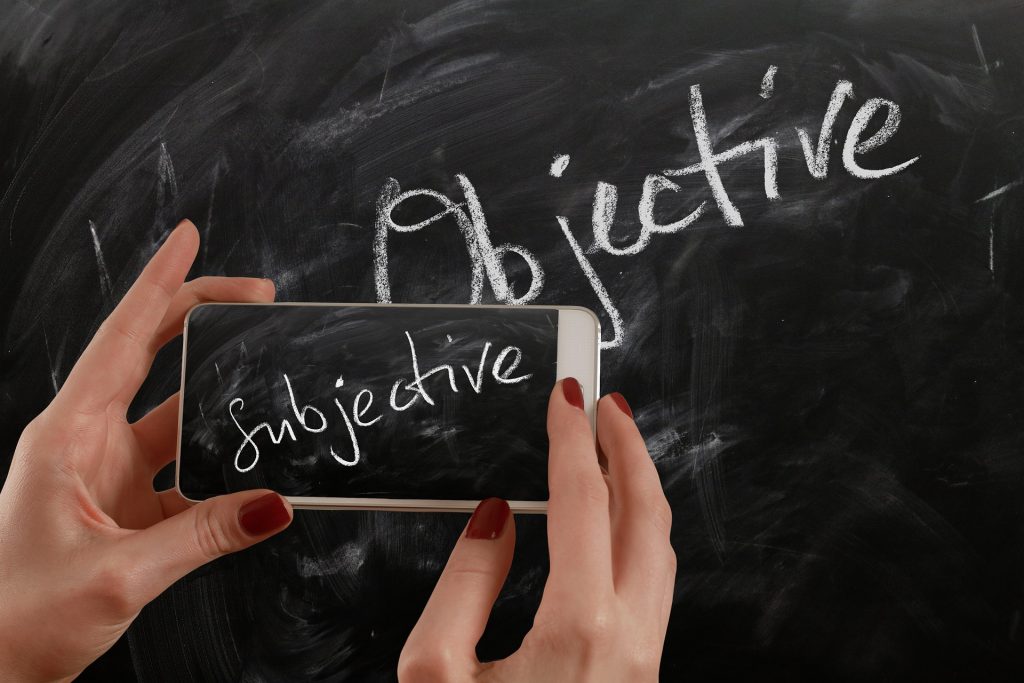
“Show me a man who claims he is objective and I’ll show you a man with illusions.”
…Henry R. Luce (1898 – 1967) US Editor and Publisher
I hear the phrase “In reality…” used a lot. When someone says this, they are actually claiming the privileged position of seeing reality as it is and indicating others do not. They seek to place themselves as the authority about what is real – “I really know how things are, so listen to me!”.
Objectivity is a term often used. We have been very good at inventing ways to allow us to claim objectivity and many people would swear they see the world as it is. Objectivity is defined as seeing things in a way not influenced by personal feelings, interpretations or prejudice. It is an absence of bias or prejudice. In claiming to know reality there is an implication of having an objective view where others do not. The question is can people make this claim? Can we be objective?
To avow access to objectivity is a massive claim but also indicates a poor understanding of the human condition. It is so easy to assume we have direct access to the world around us and experience the world as it is. This seems to be be how the human experience the world, but it is just not the case.
Take the example of human sight. It is easy to think of seeing in terms of a camera where the light enters our eye and is directly projected into our brain as what we see. However, that is not how the brain works. Sight is an internal physiological function triggered by photons of light. But the photons of light do not pass directly into the brain creating a direct image of what we see. Rather, they trigger our internal structure, mainly our neural system, and create our sense of seeing. The predictive nature of our brains also plays a part. When neuroscientists have explored this process, they have noticed far more neuronal activity coming from other parts of the brain than those responsible for sight. Our brains are predicting what we will see and this often outweighs what our senses take in. It is not a stretch to say more often than not we see what we expect to see. Sight is not objective, nor are any of our other senses.
The key is to appreciate we live in a bounded world of interpretation that we cannot escape. This precludes the idea of a purely objective view of the world, no matter what we might otherwise believe. Many would point to mathematics as a language allowing for objectivity, but to use mathematics speaks to a certain worldview and is again subjective as it requires knowledge of mathematics. Underlying all this is the idea we are all unique observers of the world.
So, rather than speak of objectivity we can speak about a deeply shared subjective view. A belief in shared subjectivity allows us to coordinate action together. It is useful to assume others see the world much as we do and share our distinctions. However, it is also useful to remember this is an assumption and challenge those assumptions when we find ourselves in breakdown.
We can certainly use techniques such as the scientific method to develop better grounded shared explanations of how things are, but it is important to recognise science doesn’t reveal the absolute truth, just better explanations of things.
So the next time you hear someone claiming to know what is real, I invite you to consider what else might be going on. More often than not a claim of knowing reality is likely to be a claim to authority and a means of getting you to unquestionably fall in with their view of the world. As people act to take care of their concerns, we always look to what concerns they may be addressing.
Related Concepts
The Foundational Premise
Our Way of Being
Unique Beings
Our Core Concerns